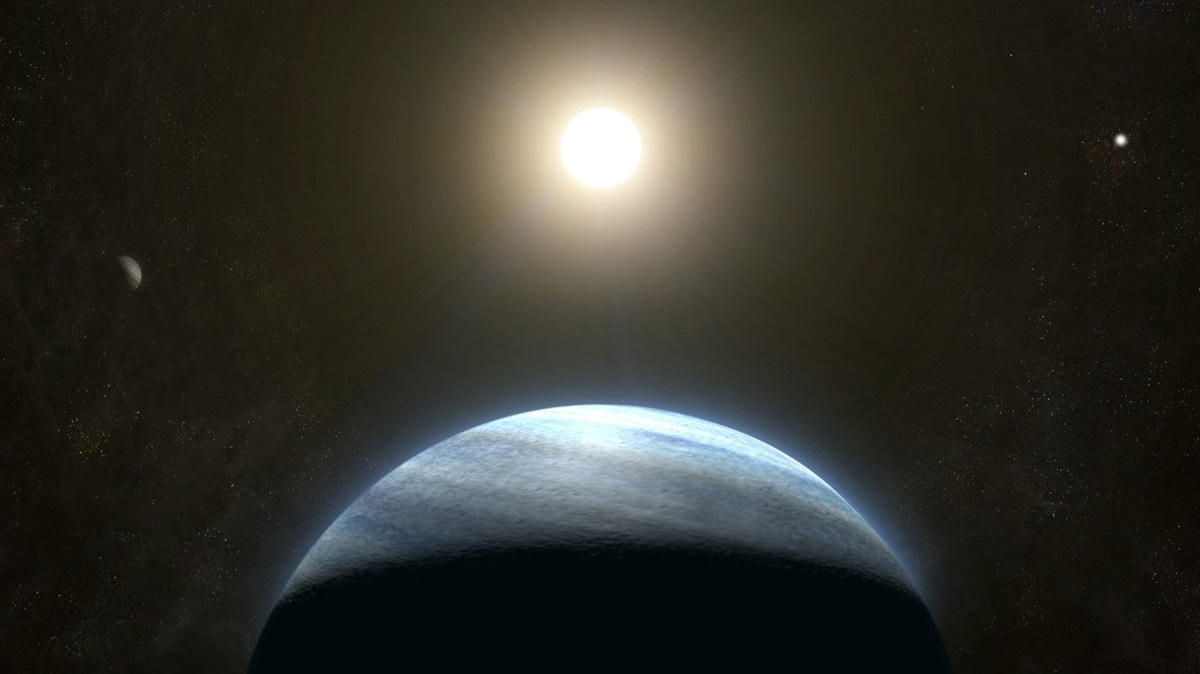A team of astronomers and citizen scientists have discovered a Neptune-sized planet in a binary star system, known as TOI 4633 c or Percival. The planet is located approximately 309 light-years away from Earth and takes 272 days to complete an orbit around the central star. The discovery is unique as it is the first time a planet has been found in such a far-off system, and its host star is the brightest known to host a transiting planet in the “habitable” zone.
Additionally, it is believed that a second planet orbits the star every 34 days. This unusual system has been documented in a paper published in the Astrophysical Journal, led by Nora Eisner, a research fellow at the Flatiron Institute’s Center for Computational Astrophysics in New York City. She emphasizes the importance of discovering planets in multi-star systems to understand variations in planet formation.
The discovery of TOI 4633 c was made possible with the help of over 43,000 volunteers from 90 countries involved in TESS’s Planet Hunters project. Danish citizen scientist Simon Bentzen, who has been volunteering with Planet Hunters TESS since 2018, expressed his excitement at being part of the team that identified the new system. He said that citizen scientists play an essential role in flagging potential new planets and contributing to follow-up studies.
As researchers continue to study TOI 4633 c and its system, they are excited about the possibility of finding a moon with a solid surface that could harbor water. This would open up new avenues for exploration and understanding planet formation.
In conclusion, this discovery highlights how collaborative efforts between scientists and citizen scientists can lead to groundbreaking findings in astronomy and astrophysics. It also underscores the importance of studying multi-star systems to better understand how planets form and evolve over time.
